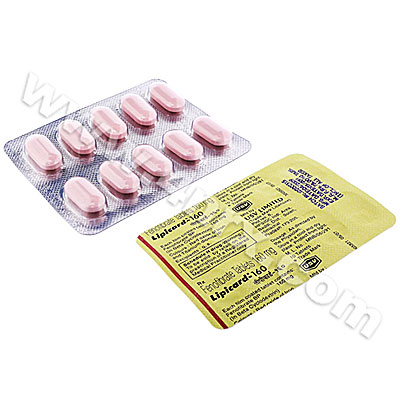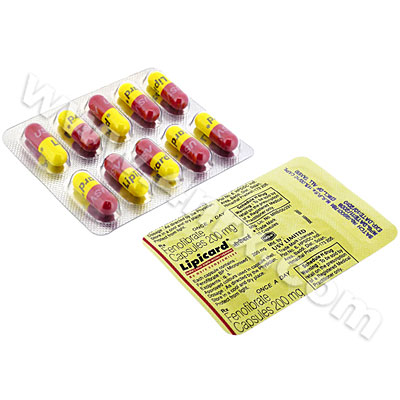 |
Home  Heart Heart  Lipicard (Fenofibrate) Lipicard (Fenofibrate) |
|
|||||||||
|
Lipicard (Fenofibrate)
What is Lipicard (Fenofibrate) used for? Lipicard (Fenofibrate) is used to treat patients who have high levels of bad fats such as triglycerides, and cholesterol. It is also able to raise levels of good cholesterol in the body. This drug is a type of fibrate, which increases the levels in the blood of a natural enzyme that helps to break down the fats in the blood. This can help to reduce the risk of pancreatitis. Patients should also take this drug while exercising and making healthy dietary adjustments. How should I use Lipicard (Fenofibrate)? Lipicard (Fenofibrate) may come in the form of a capsule or a tablet. However, you should not switch between different types of this drug without first informing your physician. Patients who take other drugs to control their cholesterol may be advised to take this drug 1 hour before eating or 4 to 6 hours after meals. Depending on the results of laboratory tests which your physician may request you to take, your dosage may be increased. All patients should be aware that it can take up to 2 months of treatment for an improvement to be noticed. What are the side effects of Lipicard (Fenofibrate)? Possible side effects of Lipicard (Fenofibrate) include:
In rare cases, this drug may cause a problem known as rhabdomyolysis (muscle problems). See your physician immediately if you notice muscle weakness, fatigue or changes in urination. Please Note Strictly follow all instructions provided to you by your physician or pharmacist while using Lipicard (Fenofibrate). Optimum and safe dosage can differ based on the patient and the condition being treated. As this medication may be unsafe for certain patients, it is essential you always inform your physician if you are pregnant or breastfeeding, as well as if you have any allergies, other illnesses, or ongoing health conditions, and if you are taking any other form of medication, supplements, or herbal products. Immediately seek emergency medical care if you have any allergic or hypersensitive reaction. Common signs of a reaction include hives, swelling, skin rashes, chest pains, as well as trouble breathing or swallowing. 

|
|||||||||||||||||